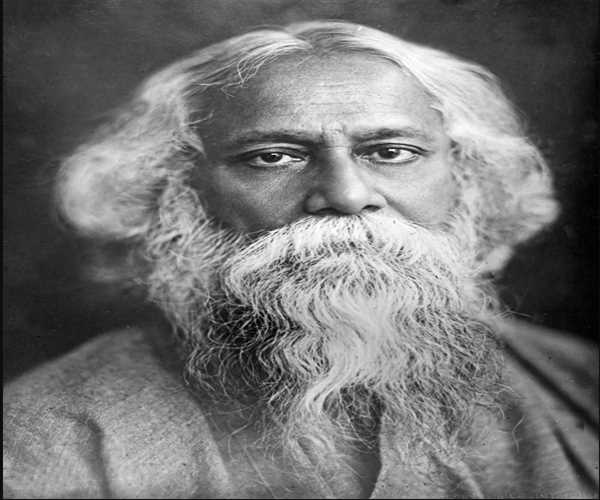Nobel laureate Rabindranath Tagore composed 'Jana Gana Mana,' the national anthem of India. Tagore was a Bengali poet, philosopher, and social reformer who was born in Calcutta, India in 1861. He is best known for his poetry and novels, and he was the first Asian to win the Nobel Prize in Literature. 'Jana Gana Mana' was first published in 1911, and it was adopted as the Indian national anthem in 1950. The lyrics of the anthem are based on a Bengali poem that was written to honor the coronation of King George V of the United Kingdom.

The anthem has five stanzas, and the first stanza is sung on all occasions. The second stanza is sung on special occasions like Republic Day and Independence Day.
The music of the anthem was composed by the famous musician and composer, Pandit Vishnu Narayan Bhatkhande. The anthem is sung in Hindustani, one of the two main varieties of the Hindi language.
The lyrics of the anthem are very patriotic and invoke a sense of pride and nationalism in the hearts of the people of India. The words 'Jana Gana Mana' mean 'Victory to thee, O Lord!'.
The anthem is a very important part of Indian culture and is sung on many occasions. It is a matter of great pride for the people of India and is a symbol of the unity of the country.